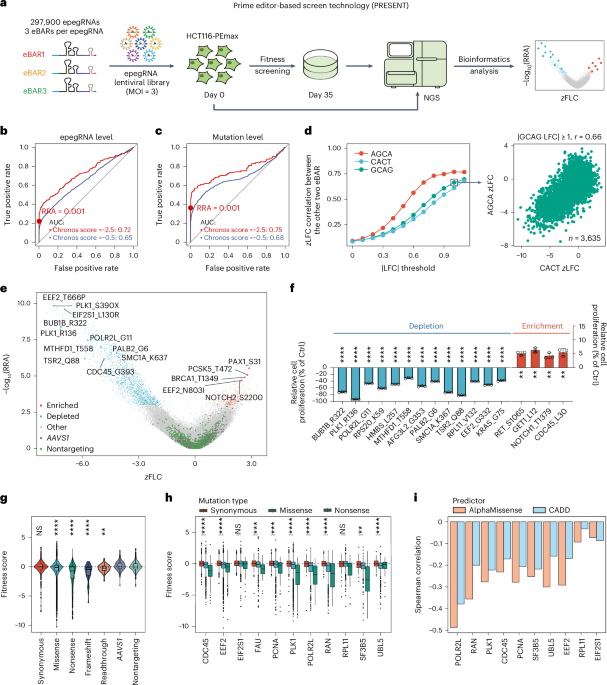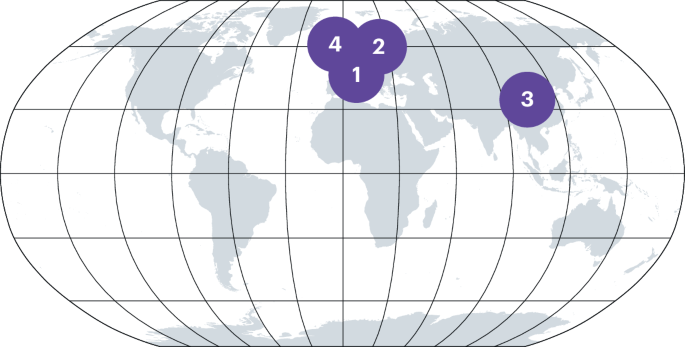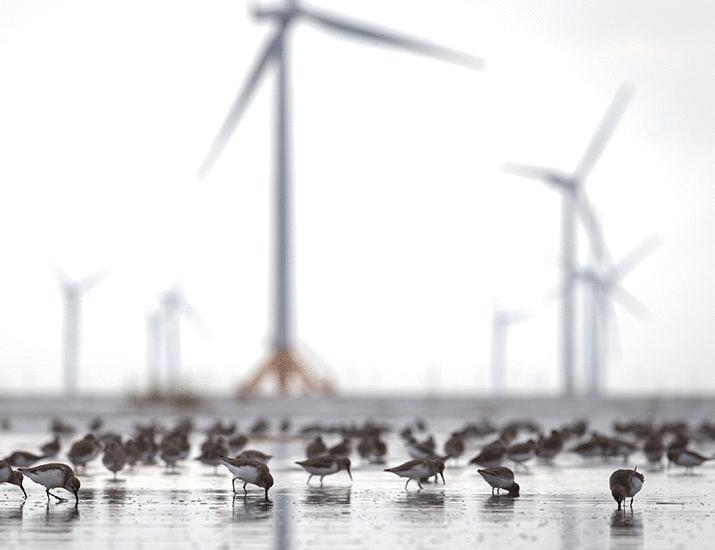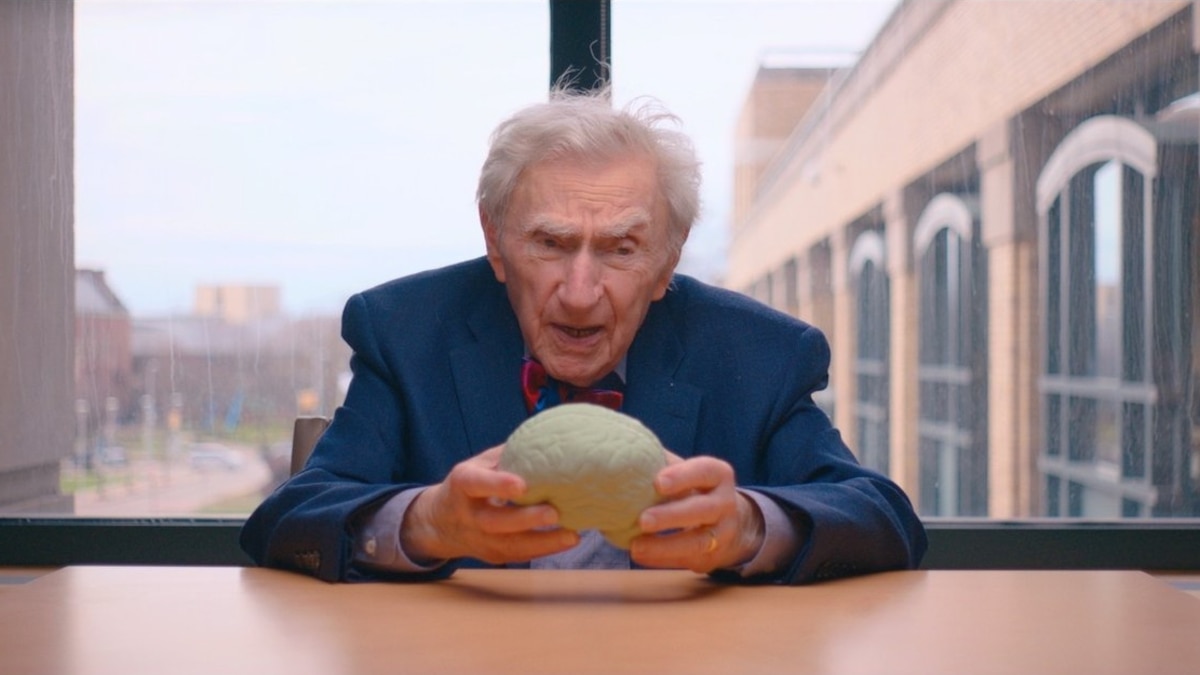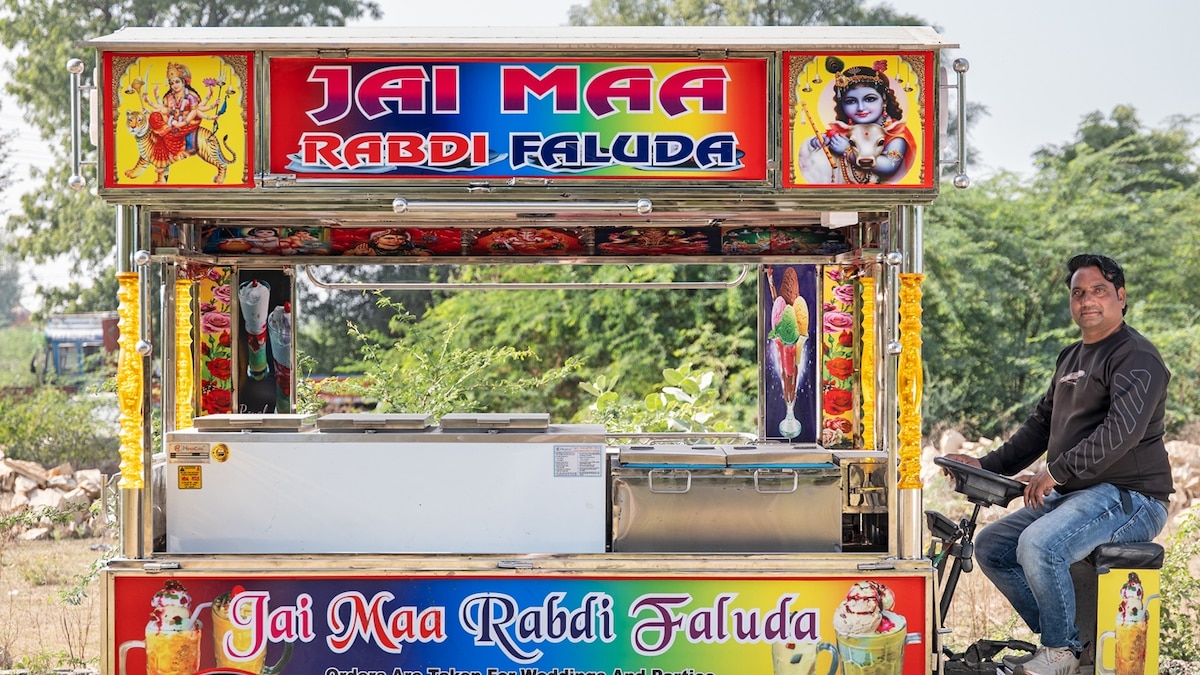Now Reading: Copenhagen is rewarding travelers with free perks. Here’s how to participate.
-
01
Copenhagen is rewarding travelers with free perks. Here’s how to participate.
Copenhagen is rewarding travelers with free perks. Here’s how to participate.
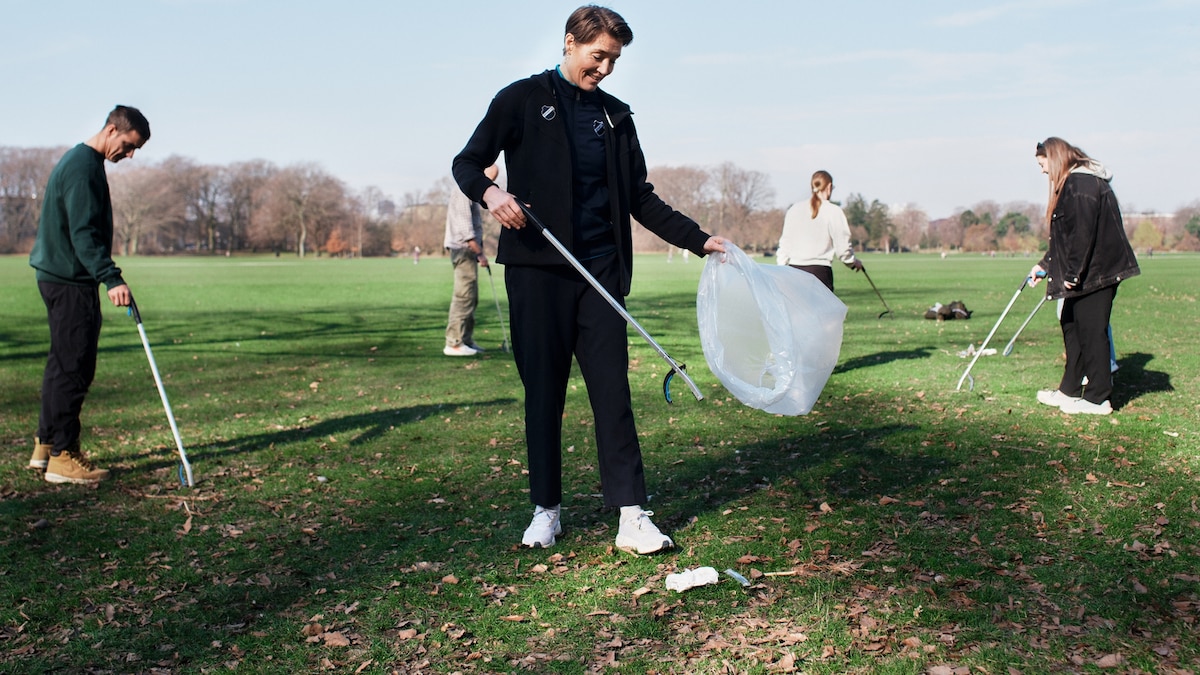
Imagine a city that rewards you for making sustainable choices—ride a bike instead of driving to receive free admission to a museum, walk 5,000 steps to get a free cup of coffee, or collect trash from the harbor to earn a free kayak ride. That’s what Copenhagen is doing through its new CopenPay initiative.
CopenPay encourages visitors to make environmentally friendly choices in exchange for free or discounted local experiences, admission to Copenhagen’s top attractions, or a complimentary cup of coffee or beer. It offers travelers a meaningful way to leave a lighter footprint and engage with Copenhagen’s local culture.
(Unique ways to experience Copenhagen, Denmark’s eco-friendly capital.)
What is CopenPay?
Last summer, Wonderful Copenhagen, the city’s official tourism organization, launched a four-week pilot CopenPay program to reward visitors for making eco-conscious decisions during their stay. The program offered a simple proposition, “Do something good for the city, and you will be rewarded in return.”
Visitors are encouraged to ditch the car and explore Copenhagen on foot or by bike, volunteer at an urban farm, help pick up trash in the canals, or opt for a plant-based meal. In return, if they can demonstrate proof of their contributions through photographs or receipts, they could earn complimentary or discounted perks including a 70-minute free electric-powered canal tour with Stromma Denmark, free entry to a concert at Urban 13, or a free beer-tasting while discovering how the Husbryggeriet Jacobsen brand turns surplus food into craft brews at Carlsberg Brewery.
Øens Have is an urban organic farm in Copenhagen and just one of 90 partners participating in the CopenPay program.
Photograph Courtesy of Øens Have
The program’s rewards are selected to embody the values at the core of Danish life and culture. In addition to its efficient public transit system, Copenhagen’s bike infrastructure makes it easy to get around on two wheels—one of the city’s most common forms of transportation. Swarms of suited cyclists gliding down designated bike lanes during rush hour are a regular sight.
Recycling is widely practiced with waste-sorting bins found at cafes and public spaces. And restaurants like La Banchina—deeply committed to using only local and seasonal ingredients—are not just trendy, they’re mainstays of the city’s dining scene.
With mass tourism increasingly becoming a problem, this initiative was designed to encourage visitors to make more sustainable choices. And it worked. According to Wonderful Copenhagen, in 2024 there was a 29 percent increase in bike rentals attributed to the CopenPay program compared to the previous year.
“CopenPay is important because it makes sustainable and local initiatives more visible and accessible, not just to residents, but also to visitors who want to experience the city in a more meaningful way,” says Livia Haaland, co-founder and gardener at Øens Have, an organic farm and restaurant in Refshaleøen. “It connects people with places that reflect Copenhagen’s values around climate responsibility, community, and innovation.”
At Øens Have, visitors who lend a hand with weeding and harvesting flower heads in the garden can earn a complimentary cup of coffee or tea.
At Øens Have, visitors can weed and harvest flower heads in the garden to receive a free cup of coffee or tea.
Photograph courtesy of Øens Have
Øens Have uses ingredients from their on-site garden to provide guests with a unique farm-to-table dining experience.
Photograph courtesy of Øens Have
(The ulitmate hotel guide for Copenhagen.)
How it works
Ninety participating partners, including The National Museum, The National Gallery of Denmark, GoBoat, Copenhill, The Urban Garden, and Donkey Republic, offer rewards for eco-conscious behavior. The full list of partners includes a mix of cultural institutions and local attractions, making CopenPay a fun and immersive way for travelers to experience Copenhagen and make a positive impact.
Maddy Novich, a visitor from New York City, participated in the CopenPay program, completing activities such as riding a bike to a museum in exchange for a cup of coffee and picking up trash in exchange for a small meal.
“I think it’s a fantastic way to incentivize tourists to engage in responsible and eco-friendly behavior,” says Novich. “I especially love that it encourages people to visit less well-known places—like picking up trash at a beer garden—which might otherwise be missed. It definitely made me more mindful of how I move through urban spaces as a guest.”
Visitors can redeem perks for their responsible travel etiquette by showing proof of participation to the local partner, which can include photos of themselves engaging in the activity (e.g. bike riding, walking, etc.), train tickets, or any other form of verification. Like many things in Copenhagen, CopenPay operates on an honor system, reflecting Denmark’s culture of trust and integrity.

Volunteers pick up litter in the waterways of Copenhagen with Green Kayak, an environmental NGO that engages volunteers in the fight against environmental pollution.
Photograph courtesy of GreenKayak
A few CopenPay perks include a one-hour complimentary boat or kayak ride with GoBoat or Green Kayak in exchange for collecting trash while cruising. “We’ve seen people arrive thinking the water in Copenhagen was completely clean—only to end up collecting around three kilos of trash in just two hours,” says Tobias Weber-Andersen, founder of GreenKayak. “It’s a real eye-opener that leaves a lasting impression, inspiring you to live a more sustainable and less harmful life on planet Earth.”
Other rewards include cycling to Elsinore—the town that served as the backdrop for Shakespeare’s Hamlet—to receive free entry to Kronborg Castle by planting seeds, a complimentary yoga class at the Crowne Plaza Copenhagen Towers, or a one-hour sauna or cold tub session courtesy of CopenHot.
CopenPay also encourages people to travel by train instead of by plane because transportation remains one of the biggest contributors to travel-related carbon emissions. “Since trains generally have significantly lower CO₂ emissions compared to airplanes, this year we are rewarding travelers who arrive by train,” says Rikke Holm Petersen, director of marketing at Wonderful Copenhagen. Travelers who visit Copenhagen from Deutsche Bahn or Snälltåget can earn a 45-minute complimentary bike rental through Donkey Republic, a bike rental app. If a train is not available in the region, visitors can alternatively show proof of purchasing sustainable aviation fuel (SAF).
(A culinary guide to the Danish captial’s new Nordic cuisine.)
The future of tourism
Sustainability is deeply embedded in Danish culture. Denmark consistently ranks among the world’s most sustainable countries, and CopenPay supports Copenhagen’s ambitious goals of becoming one of the world’s first carbon-neutral capitals. The program’s success thus far has been recognized internationally and serves as a model for other destinations striving towards more sustainable tourism practices.
Copenhagen isn’t the first destination to launch a program that urges travelers to be more mindful. In 2020, Hawai’i launched Mālama Hawai’i, an ongoing campaign that invites travelers to mālama, or give back to the community and respect the islands. The program partnered with over 30 community organizations and volunteer groups that offer activities such as beach cleanups, tree plantings, or Hawaiian quilting sessions in exchange for a special discount to local attractions or a complimentary hotel night. For example, picking up trash on any Maui beach could earn a complimentary fourth night and daily breakfast for two at Hana-Maui Resort.
“Travelers are both curious and eager to experience entirely different travel experiences than usual, and many wish to give back to the destinations they visit,” says Petersen. “However, it must be easy, simple, fun, and tailored to the local city and culture.” Copenhagen will share its learnings from the CopenPay program with other countries in the hopes of transforming mass tourism into a motivating force for good.
Leila Najafi is a travel journalist who covers culture, wellness, and food. Follow her adventures on Instagram.












